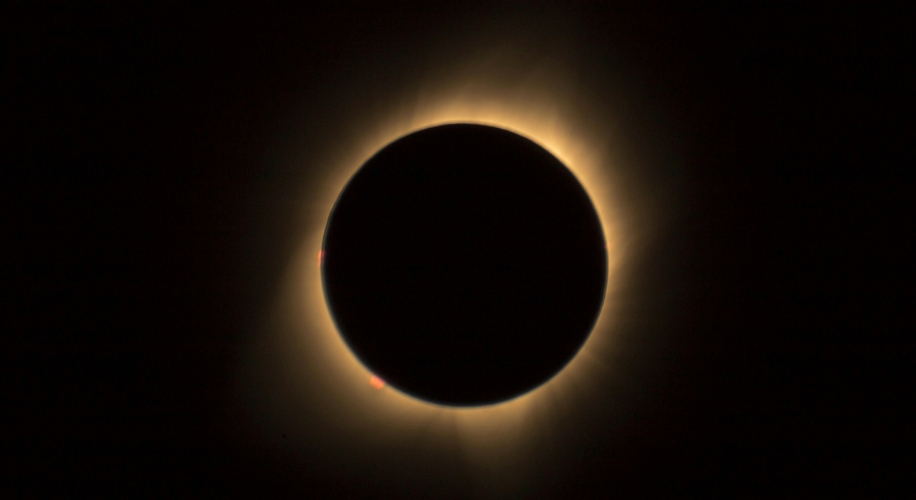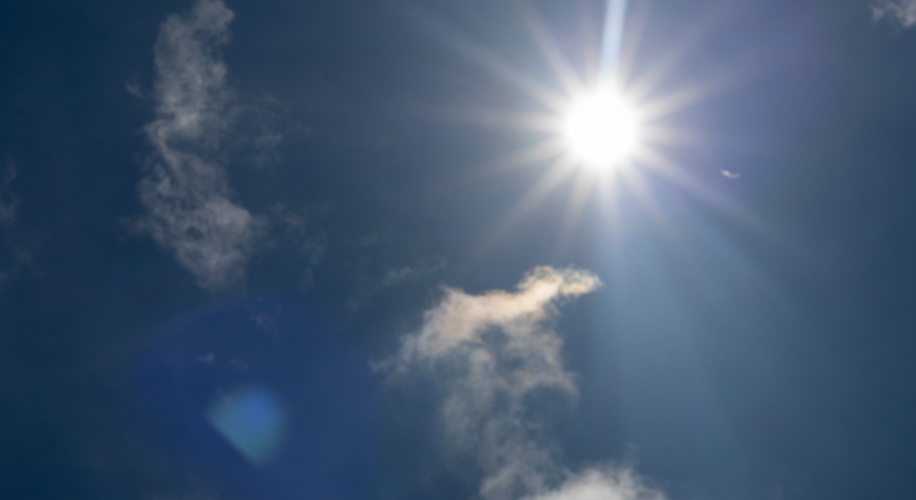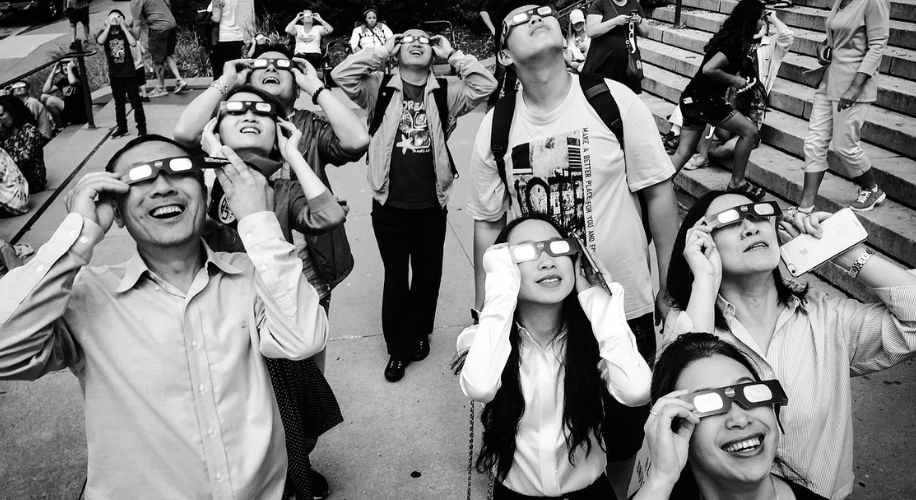Safeguarding Your Eyes During a Solar Eclipse: Understanding the Risks and Protective Measures
- BY Dr. Steven Liem
- IN Eye Care

As nature unveils one of its most awe-inspiring spectacles, the solar eclipse, it’s essential to remember the importance of protecting your eyes. While witnessing this celestial event can be a breathtaking experience, staring directly at the sun during an eclipse poses significant risks to your vision. Join us as we explore the potential dangers of viewing a solar eclipse and learn how to safeguard your eyes during this mesmerizing phenomenon. At Zenni, we understand the importance of eye safety, which is why we are committed to providing information to help you protect your vision during events like solar eclipses
Understanding the Solar Eclipse
A solar eclipse occurs when the moon passes between the sun and the earth, partially or completely blocking the sun’s rays from reaching the earth’s surface. This creates a mesmerizing celestial display as the sky darkens and the sun appears as a crescent or ring of fire, depending on the eclipse’s type and magnitude.
Risks of Eye Damage
One of the most significant risks associated with viewing a solar eclipse is solar retinopathy, a condition caused by exposure to the sun’s harmful ultraviolet (UV) radiation. When the sun’s rays directly enter the eye, they can damage the retina, leading to permanent vision loss or blindness. Even a brief glimpse of the sun during an eclipse can cause irreversible damage to the delicate cells of the retina.

The Importance of Eye Protection
Protecting your eyes during a solar eclipse is paramount to preventing vision damage. Standard sunglasses or homemade filters are not sufficient for safe eclipse viewing, as they do not provide adequate protection from the sun’s intense UV radiation. Instead, certified solar viewing glasses or handheld solar viewers equipped with specialized solar filters are recommended to safeguard your eyes.
Choosing Certified Solar Viewing Glasses
When selecting solar viewing glasses, it’s crucial to ensure they meet international safety standards for solar observation, such as ISO 12312-2. These glasses are specifically designed to filter out harmful UV rays and infrared radiation, allowing for safe viewing of the sun during an eclipse. Avoid using damaged or expired glasses, as they may not provide adequate protection.

As we marvel at the beauty of a solar eclipse, let’s not forget the importance of protecting our eyes. By understanding the risks associated with direct sun exposure and taking appropriate precautions, we can safely experience this extraordinary celestial event. Remember to prioritize eye safety and enjoy the eclipse responsibly.

